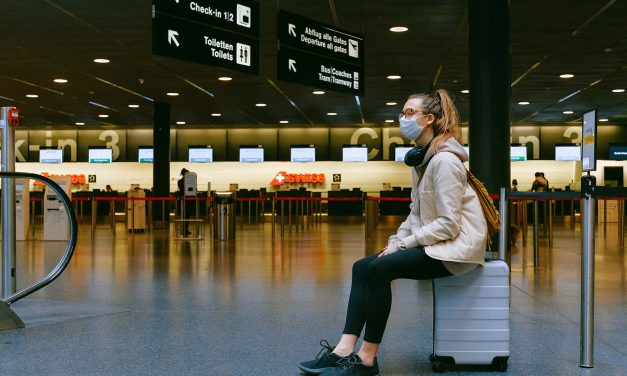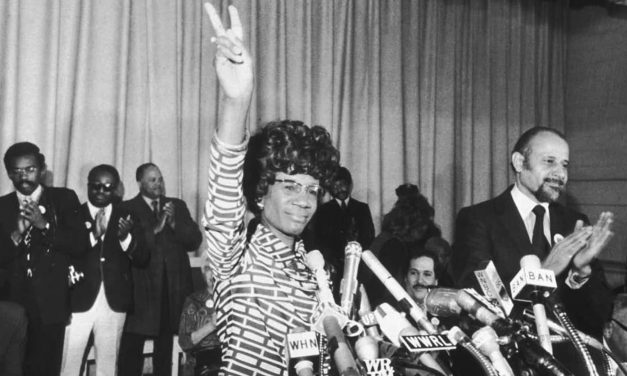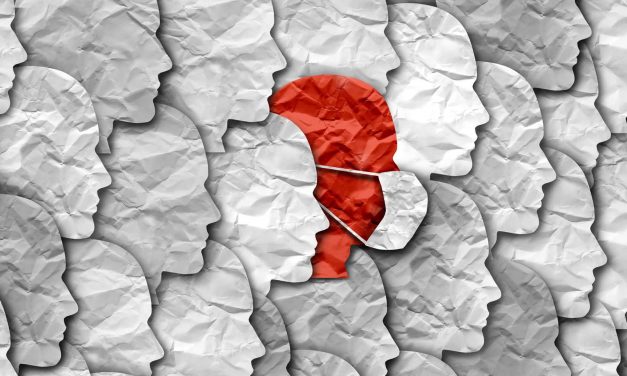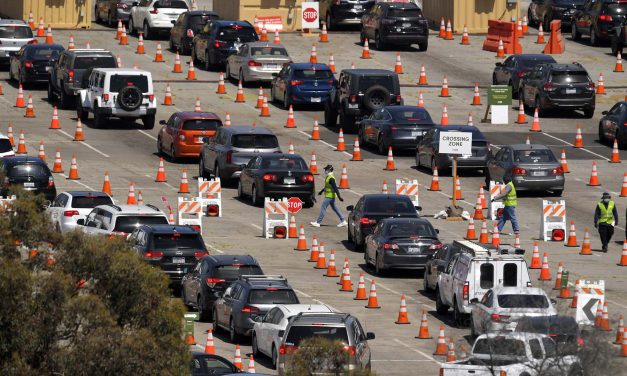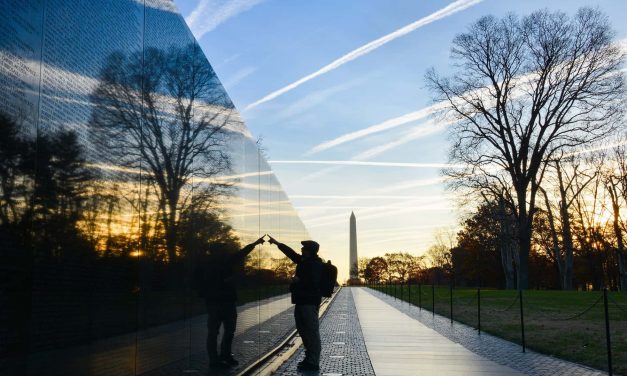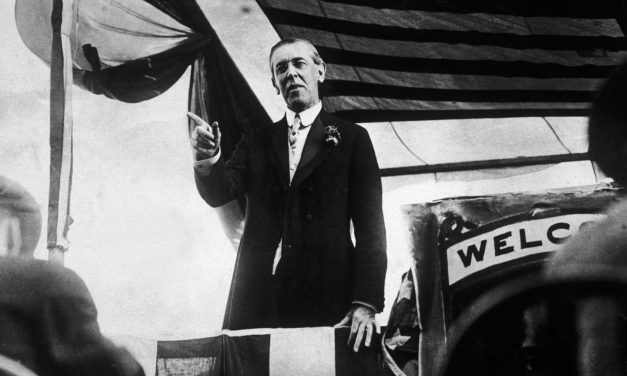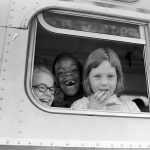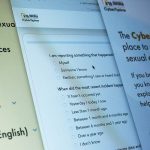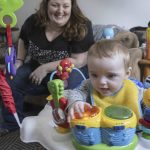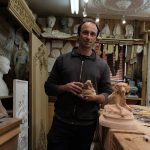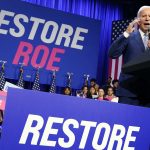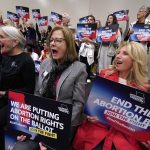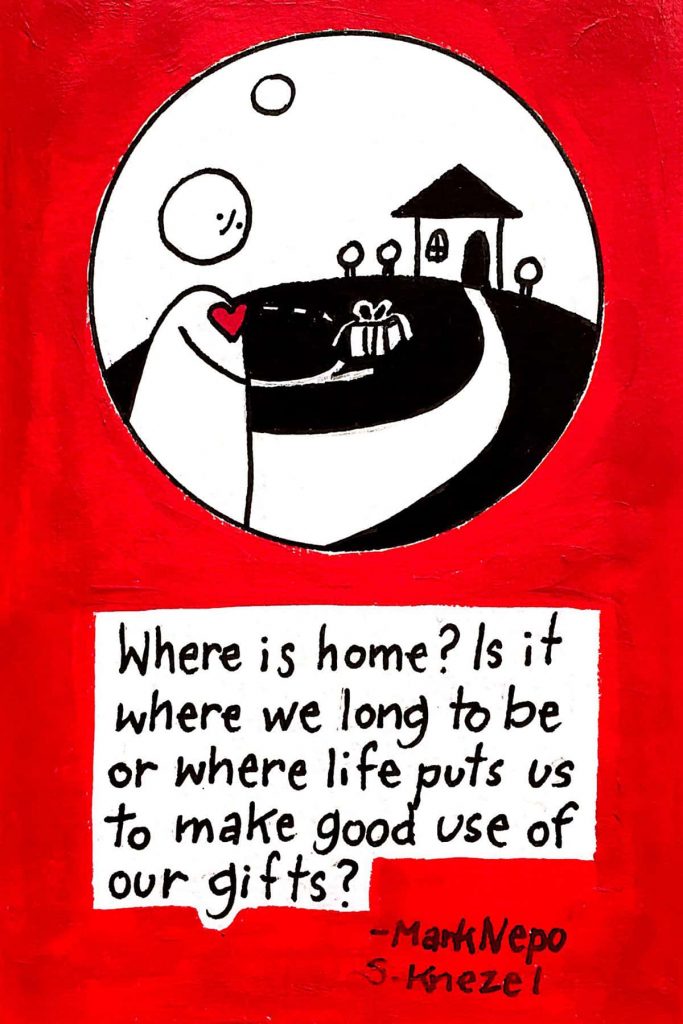Families look for new ways to celebrate a holiday after CDC warns against Thanksgiving travel
By Pamela M. Aaltonen, Professor Emerita; Immediate Past President, APHA, Purdue University As Americans prepare for the first Thanksgiving in the time of the coronavirus, the Centers for Disease Control and Prevention issued a stark warning a week before the big day: Don’t travel. No over the river and through the woods to grandmother’s condo. No flying to a beach gathering with the family you choose. And if it sounds like the CDC is trying to be like the Grinch who stole Thanksgiving, it is important to remember the grim statistic of more than a quarter of a million...
Read More
